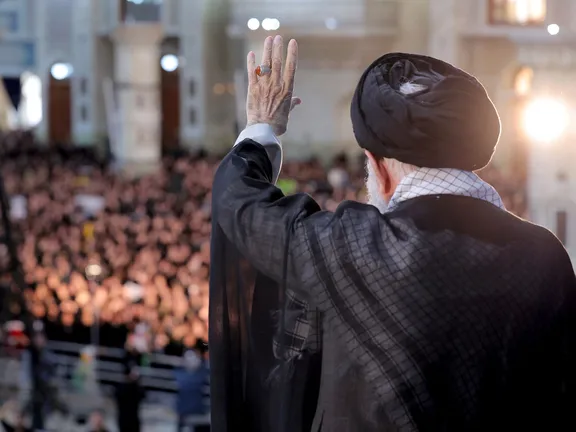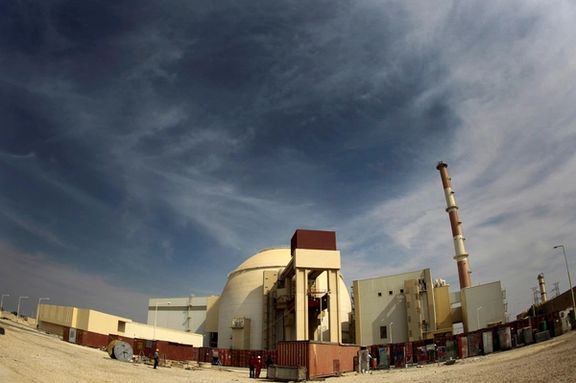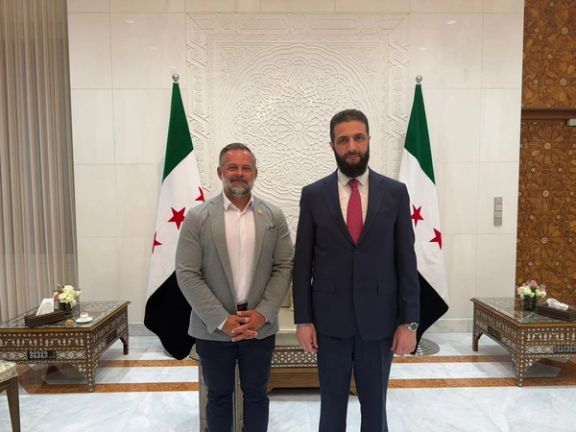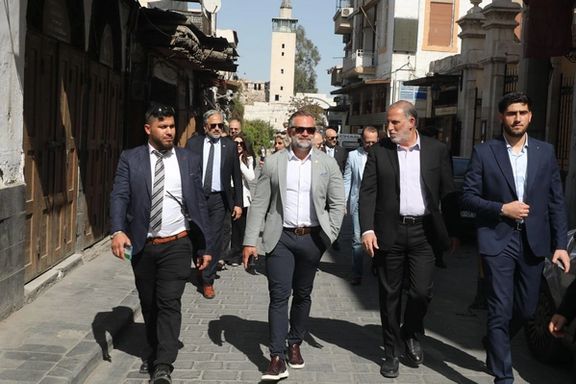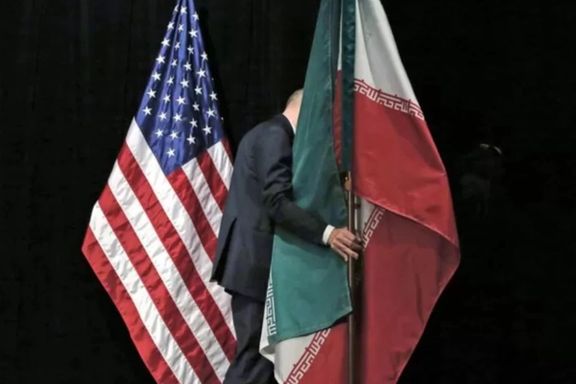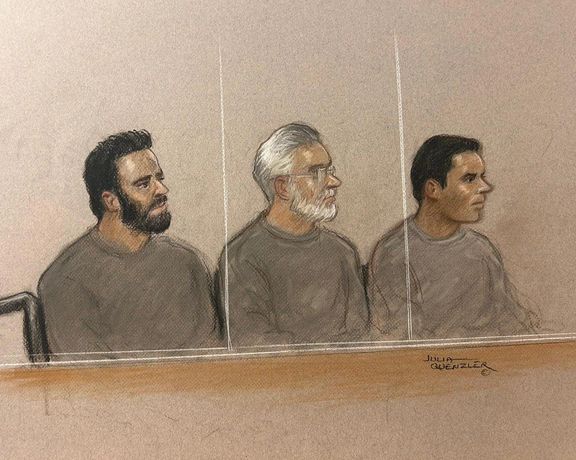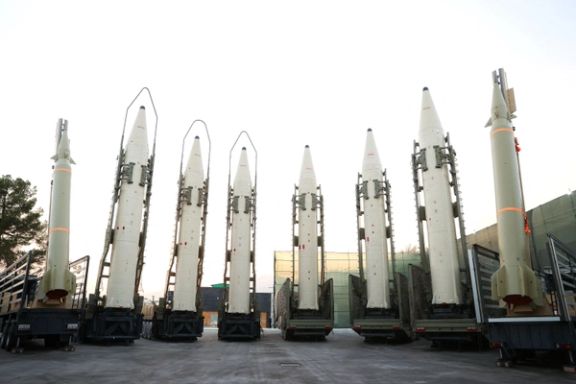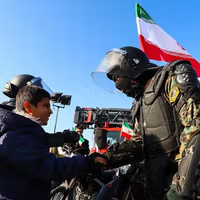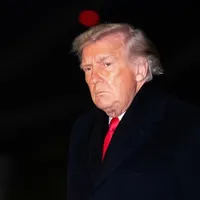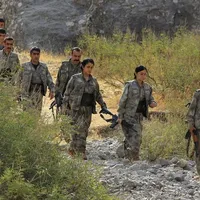Grown—partly at least—out of necessity, the inaction has with time hardened into a governing doctrine: a form of power rooted less in coherent planning than in the instincts of political survival.
Iran’s rulers have learned to wield ambiguity as leverage, drawing strength not from action but its possibility. That is why they view enrichment as essential.
Maintaining near-weapons level enrichment without actual weaponization—the threshold condition—generates enough uncertainty to make Western powers cautious about Tehran’s next move. It creates a degree of deterrence without escalation.
But that effect appears to be eroding.
Internationally, the tolerance threshold for such maneuvering has narrowed. Domestically, endless uncertainty has undercut the rulers’ legitimacy and drained public resilience—driving growing numbers into apathy or protest.
Enrichment: suspension as power
Iranian officials have repeatedly denied any intention to build nuclear weapons, citing a religious ruling by supreme leader Ali Khamenei that forbade their use in 2010.
Still, after the United States exited the nuclear deal in 2018, Iran resumed enrichment and now possesses more than 274 kilograms of uranium enriched to 60 percent, according to the IAEA’s February 2025 report.
Inspectors have also confirmed that Iran has the technical infrastructure to reach weapons-grade capacity.
Nuclear experts have been debating Iran’s ‘break out time’ for many years. But the threshold status may be less of a transitional stage than it is a chosen posture: deter without provoking.
Without ever testing a bomb, Tehran has altered the regional military balance, particularly with Israel. Ambiguity has kept global powers on alert, calculating whether to cooperate with or contain Iran.
At home, this posture yields symbolic capital: scientific progress, defiance, and dignity. Enrichment has been folded into the Islamic Republic’s core narrative.
As indirect talks with the United States resume, the threshold position remains a pillar of Tehran’s strategy. But this time, the international response is sharper.
Calling for permanent inspections, proposing offshore stockpile transfers and—above all—Washington’s insistence on “zero enrichment” may suggest that the era of ambiguity is running out of road.
Sanctions: prolonging suspension
Sanctions have reinforced the threshold logic. They have damaged Iran’s economy but not collapsed it. They have left the country on the edge—in a prolonged state of uncertainty where everything seems possible, but nothing is guaranteed.
President Trump’s maximum pressure campaign has transformed sanctions: from broad embargoes to surgical strikes, targeting Iran’s critical sectors—missiles, drones, petrochemicals, dual-use technologies—applying pressure where it hurts most.
The aim, it appears, is not just to punish, but to constrict the Islamic Republic’s strategic arteries. Yet the targeted sanctions have not forced a retreat. Even as its economy bleeds and its regional allies perish, the regime’s rhetoric sharpens.
Iran’s increasingly aggressive tone against Britain, France and Germany—who can reimpose UN sanctions halted under the 2015 deal—might be a sign of self-confidence or deep unease.
Sanctions have clearly shaped Tehran’s behavior. But they have not broken its logic.
Iran’s rulers continue to see the nuclear ambiguity as their last safeguard of strategic balance, a critical bargaining chip they cannot afford to lose.
Suspension: eroding the nation
For now, Iran is unlikely to rush toward weaponization. But it is equally unwilling to dismantle its nuclear capability.
Iran's adversaries, lacking better tools, continue to rely on sanctions and vague ultimatums. Both sides, in effect, sustain the Islamic Republic’s threshold posture.
But the logic is fraying.
The United States and Europe appear to have lost patience with Tehran. Washington’s call for zero enrichment and Europe's warnings about a return of UN sanctions may signal a wish to step out of ambiguity, a will to end chronic suspension.
Domestically, too, the cost of this posture is rising.
A society long held in suspense now faces fatigue, frustration, and declining trust. What once symbolized resistance has come to represent gridlock. “Dignity” has curdled into a deadlock.
The leadership in Tehran may persist in this suspended state, but its power to dictate the terms of uncertainty is weakening. The ‘calculated ambiguity’ looks more like a trick revealed.
What once shielded the Islamic Republic is now hastening its erosion. It will either change course or collide with reality, at home and abroad.
